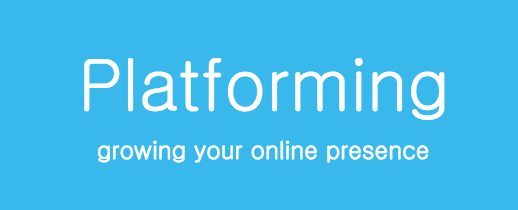
Writing with a Disability (Different Ability)
Be Flexible
Recently, I discussed with a fellow health nut at the gym that I was wanting to try something new…
October 29, 2023
Recently, I discussed with a fellow health nut at the gym that I was wanting to try something new…
October 29, 2023
I love writing conferences. If you have been reading this blog for very long, you already know that, because…
October 6, 2021
Writers just beginning to write articles look around them and the big question becomes, “I know some of the…
January 14, 2019
Occasionally a business development tool comes along that works well for writers. SWOT Analysis SWOT—Strengths, Weaknesses, Opportunities and Threats—was popularized…
January 29, 2016